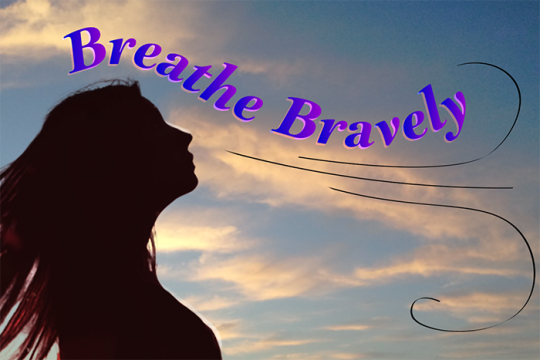
Recently, I did two things I never imagined I’d do.
First, I took the time to read through an article about why synagogues should be hosting “virtual gatherings” during the current COVID-19 crisis; at the same time, the article explained, we Jews should be sure to understand “what it means to come together physically.” Granting the long history of and traditions surrounding communal worship, I think we generally recognize and would not argue the value of being together – but these days, we hardly find ourselves in an ordinary situation.
The other thing I did was to participate in the experience of a Friday night service livestreamed by our congregational clergy, sans congregation; only our rabbis and our cantorial soloist were present. Like so many other congregations, we made the decision last month to close our building to the public, turning to virtual services in the meantime.
Frankly, I was skeptical – but it was the occasion of the yahrzeit (anniversary of death) for my wife’s brother, and this was our only option for respecting her wish to recite the Mourner’s Kaddish with our Jewish community.
I had so many questions.
First, I wondered: Outside the physical presence of a minyan (the quorum of 10 people necessary for public prayer in traditional communities), would it even feel meaningful to say Kaddish? Opinions vary, depending on who renders such opinions, but after due consideration, we felt that, as Reform Jews, the decision about meaningfulness is ultimately a personal decision – especially granting the practical aspect in this case, that there was no other choice.
But what about the service itself? How involved can one be from their couch?
At first, while it was comforting to see familiar faces on the bimah and hear the music and melodies of our usual Shabbat worship, we felt it difficult to engage, timidly singing along to “L’cha Dodi.” As the service continued, though, its very familiarity drew us in more and more – and by the Sh’ma, we had found our voice!
Since then, we have continued to take part in online services. While it is definitely different from attending services in person, we have found it to be, overall, a religious experience of much value to us, especially under the present conditions. (For more on this topic, listen to the podcast On The Media's episode "Virtual Worship is Older Than You Think," which addresses historical and cultural aspects of online worship.)
Our newfound appreciation for virtual services is due in large part to the manner in which the services are conducted. Skillfully led by our clergy and the broader Jewish community, these online experiences allow us the sense that we are somehow together with others like-minded Jews in welcoming Shabbat into our homes and our hearts each Friday evening.
As a poet, I have thought a lot about why this might be. I offer this poem as a possibility for the unknown future we face, for the time being at least, to suggest we can find each other even in a virtual space.
What Is Real about a Virtual Sabbath Service?
Our sages tell us when we pray together
in one place there the divine presence dwells,
but is there a sanctuary in cyberspace
in this pandemic time?
When we ask where are you God,
when we ask do you hear us God
wherever we are, does it matter where we are?
If we cannot safely be together
we can find each other in our
sense of common bond, reciting the
words of our prayers—together,
lifting our voices
in song—together, expressing
our needs, our fears,
our hopes—together
wherever we are,
Am Yisrael Chai.
See our Virtual Gatherings and Programs calendar for an ongoing list of congregational services and other events being hosted online during the coronavirus pandemic.
Related Posts

Breathe Bravely

The Importance of Storytelling


